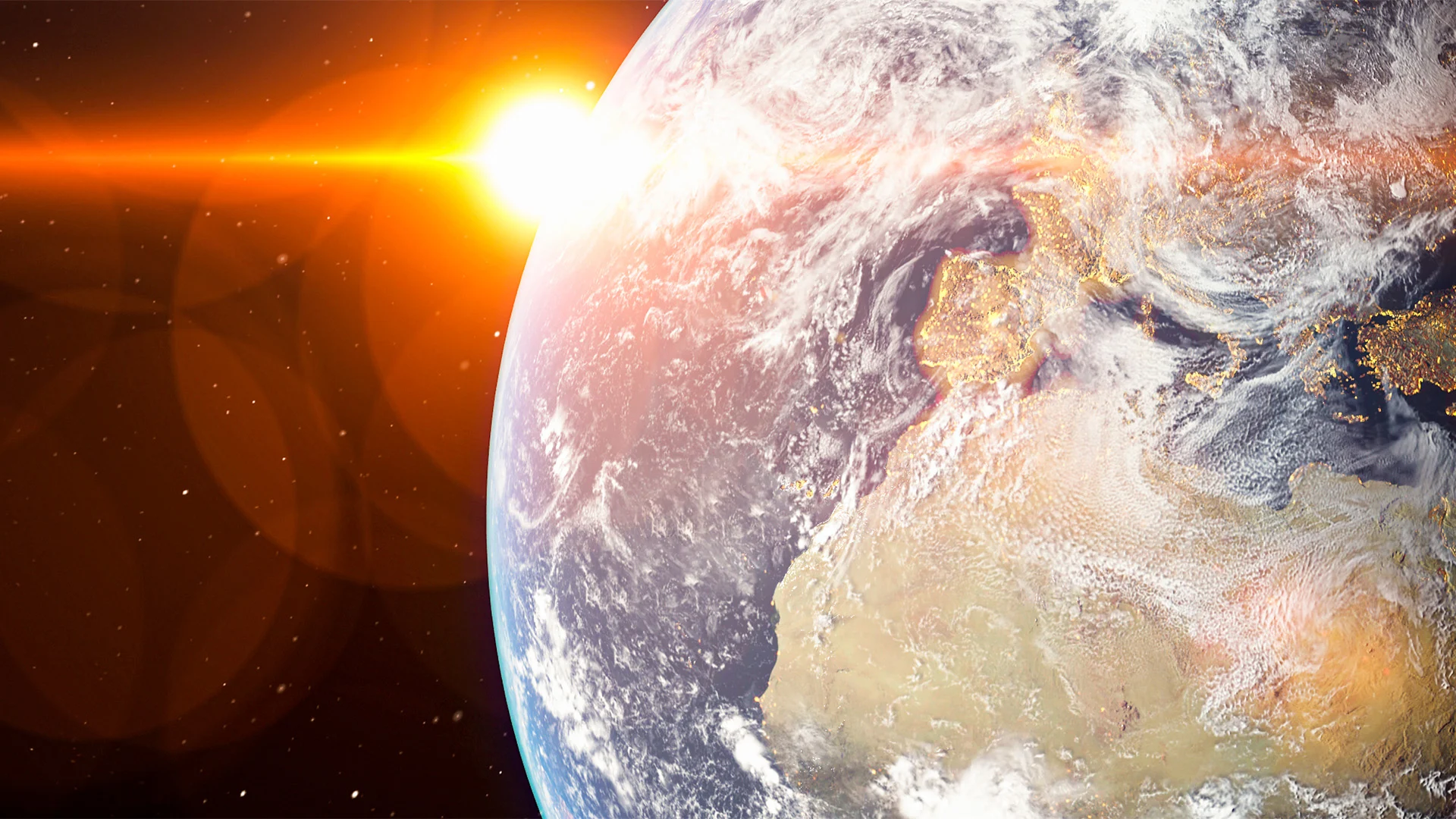
Overview
Five billion years. That's how long Christopher Mason, PhD — Professor of Physiology and Biophysics at Weill Cornell Medicine and the author of "The Next 500 Years" — believes humans may have been here, among the first life forms in the universe.
Humans may be among the first life forms in the universe.
Five billion years. That's how long Christopher Mason, PhD — Professor of Physiology and Biophysics at Weill Cornell Medicine and the author of The Next 500 Years —believes the Earth has billons of years to go before it fails to exist. At the same time, he says that humans may be among the first life forms in the universe. Mason speculated on Earth’s longevity during his Cure Tuesday Talk on Synthetic Biology, Space and the Next 500 Years.
Cure: Do you think there is life on other planets?
Mason: We don't know the answer, of course. There's no evidence of it, but I think there's probably microbial life. When discussing life on other planets in the 1950s, Enrico Fermi asked, "Where is everybody?" But I actually think it's the wrong question. I think the question is, "When is everyone else going to get here?"
The universe has been here for 13.7 billion years. It had to cool for several billion years. You couldn't even make planets for a while. We had maybe five or six billion years where planets cooled and solar systems formed. Then, you had to make complex molecules. You had to make life. So, I think we've only had four, five or maybe six billion years where life could even be made. We have trillions of years ahead of us where life will continue to be made. So, I think we might be early. We might just be the first ones to the party.
Cure: How long do you think the Earth will exist?
Mason: Most days when I wake up, the first thing I think of is the sun engulfing the Earth. In about a billion years, it will get too hot, and the oceans will boil. In about five billion years, the Earth will literally not exist anymore. This is a long time away, but I think of it daily because that means, by definition — no matter how wonderful humans are or what we create or what we've done — if we're still here, everything will be lost except for the radio waves we transmitted into space.
I think about this every day, multiple times a day — not with sadness, but with motivation. I think that means we have a finite time on this planet as a cosmological fact. One day, my wife saw me in the kitchen looking sad and dilapidated and she asked, "What's wrong with you?" And I said, "I just thought we had more time."
So, we should get to work. We should get to work figuring out ways to cure diseases, ways to live longer and healthier, and ways we can survive on other planets. I view the inevitable destruction of our planet as a motivating positive factor.
Cure: What messages do you have for our global community?
Mason: We're a young species and a global community. Today, we can call anyone in China, India or Sweden and not think twice about it. And it's kind of a miracle that we solved the ozone problem as early as we did. We have to give ourselves a little credit that we've made it this far.
Now, we just have to avoid getting trapped in misinformation. We have new responsibilities as members of a global community that we've never had to think about.
There's only one species that has awareness of extinction, and that is us. I want more people to be aware of their capacity to think long term, to get more resources to underserved populations around the world, and to change society for the better.








